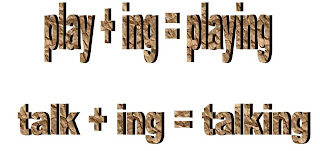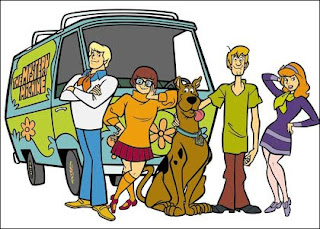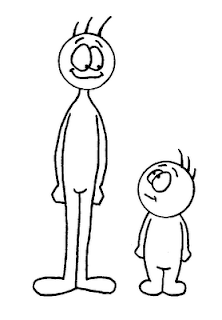If I had enough money, I would buy a mansion! (I wish!)
The above sentence is an example of a sentence with a conditional clause. There are 4 types of conditional clauses.
Type 0:
These are general truths or cause and effects.
‘If’ + a verb.
Examples:
If I eat too much, I will get fat. or
I will get fat, if I eat too much.
Type 1:
These are things that are probable, because they describe things that could possibly come true or they are true. These take place in the present or the future.
‘If”+ verb in present tense (conditional clause) + modal verb (main clause)
Example:
If you go home, you can sleep!
You can also have the same setup as above except use an imperative verb instead of a modal.
Example:
If you go home, Sleep!
The last kind of type 1 is made by: an imperative verb (conditional clause) + and/or + modal verb (main clause).
Example:
Go home and you can sleep!
Type 2:
This category is about unreal or hypothetical things that happen in the present. Even though the verb is in the past we are talking about the present.
If + verb (past) (conditional clause)+ modal (main clause)
Examples:
If you went home, you could sleep.
If I had a pen, I would write a letter.
You can use these modals with type 2: would, would have to, would be able to, could.
Type 3:
This type is about unreal things that happened in the past. (They did not happen.)
If + verb (past perfect) (conditional clause) + modal + verb (present perfect)(main clause)
Example:
If he had asked for directions, he would not have gotten lost.
Exercise:
Now think about what you would do if you won a million dollars! Write or say some sentences using the different types of conditional phrases.

 Try making these verbs into their ‘ing‘ form: sleep and drink.
Try making these verbs into their ‘ing‘ form: sleep and drink. As you can see, skiing is not the verb of either sentence. ‘Is’ is the verb in the 1st sentence and ‘like’ is the verb of the 2nd sentence. Skiing is the subject of the 1st sentence and the direct object of the 2nd sentence.Try making your own sentences with ‘dancing’ and ‘fishing’ as gerunds to get more practice!
As you can see, skiing is not the verb of either sentence. ‘Is’ is the verb in the 1st sentence and ‘like’ is the verb of the 2nd sentence. Skiing is the subject of the 1st sentence and the direct object of the 2nd sentence.Try making your own sentences with ‘dancing’ and ‘fishing’ as gerunds to get more practice!
 When you look at these apples, what do you see?
When you look at these apples, what do you see?




